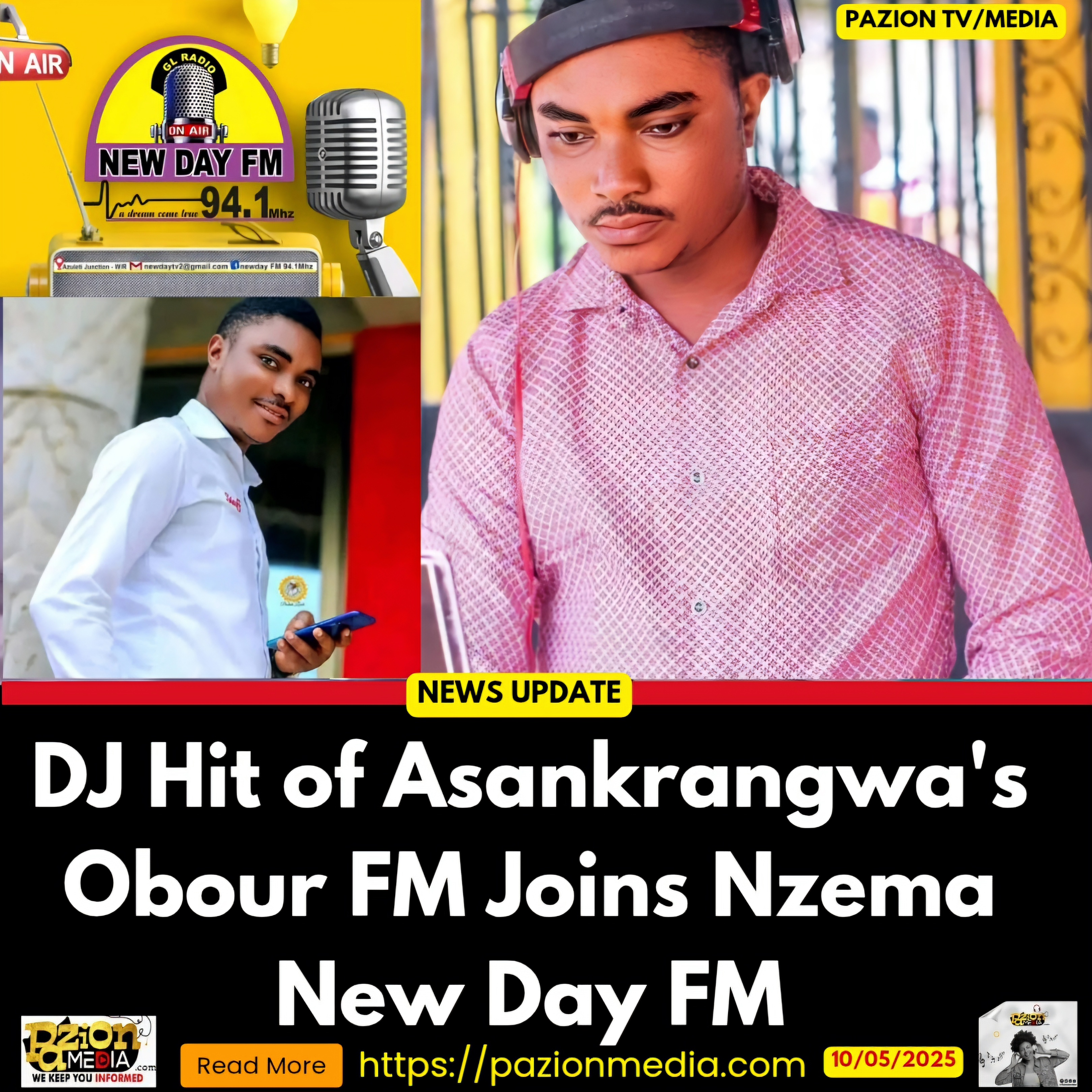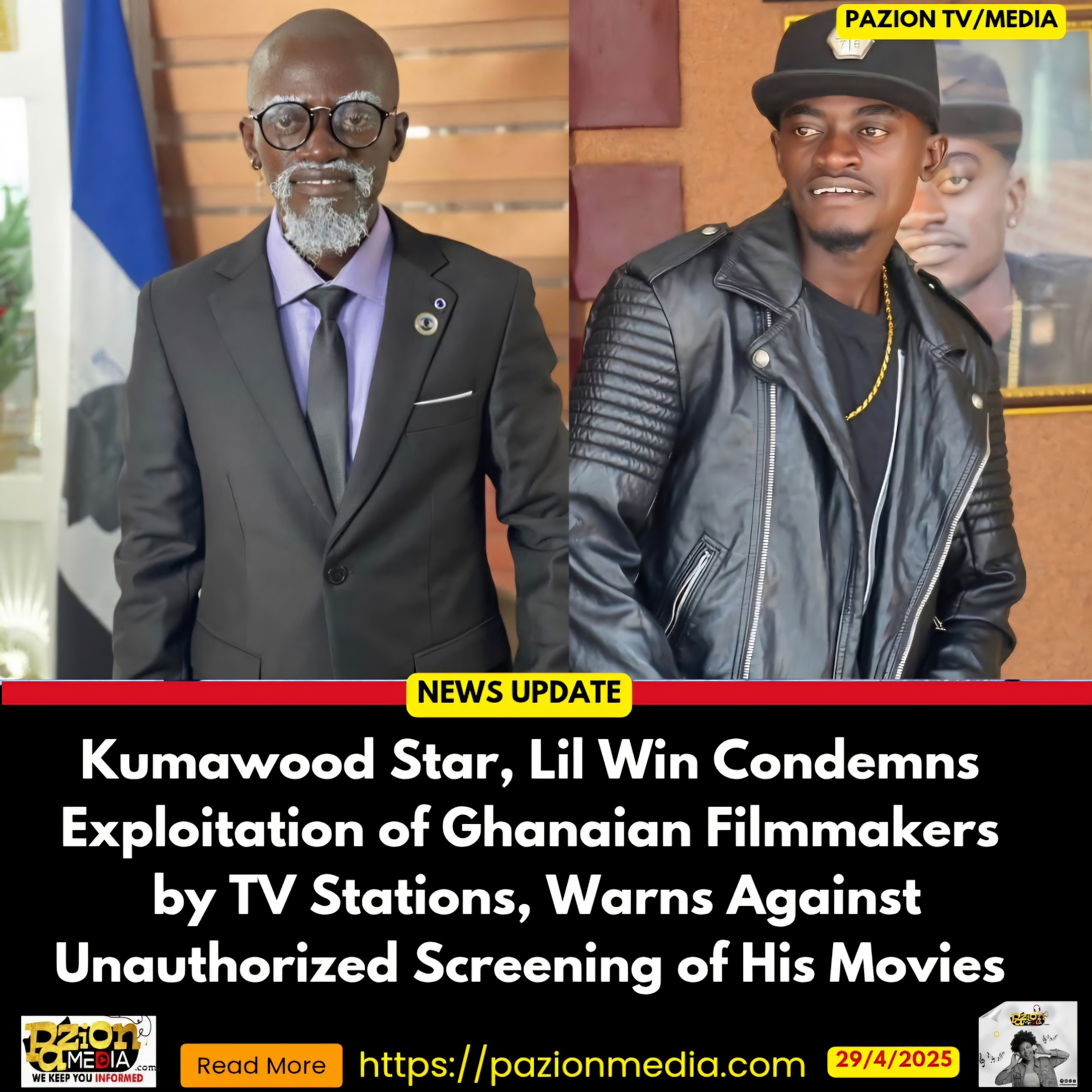In Ghana, there is a common saying that goes, “Supporting your own” which means to support people from one’s own country or community. However, this phrase has been interpreted in different ways by different people. Some believe that it means blindly supporting one’s own people, even if they are wrong, while others think that it means supporting them but holding them accountable when they are in the wrong.
Recently, there has been a case in the Ghanaian music industry that has brought this debate to the forefront. Obrafour, a renowned Ghanaian musician, sued Drake for copyright infringement without informing one of his collaborators, Mantse, who owns the intellectual property of the part of the song that was sampled by Drake. Mantse called Obrafour out for neglecting him in the lawsuit, and some Ghanaians criticized Mantse for not supporting his own. However, Mantse was only being objective on the matter, and this article seeks to shed more light on this issue.
Intellectual property rights are crucial in the music industry, and every musician has a right to protect their work. In this case, Mantse, who created the phrase that was sampled by Drake, owns the intellectual property of that part of the song. Obrafour, as the main artiste on the song, has the right to sue Drake for copyright infringement, but he should have informed Mantse and given him the opportunity to join the lawsuit or pursue his own separate action.
Mantse’s decision to call out Obrafour for neglecting him in the lawsuit was not an act of disloyalty or betrayal, as some Ghanaians have suggested. It was an act of seeking justice for himself and protecting his intellectual property rights. Mantse’s actions were not an attack on Obrafour’s character, but rather a call for accountability.
It is essential to note that supporting one’s own does not mean condoning wrongdoing or blindly supporting one’s own people. It means supporting them and holding them accountable when they are in the wrong. It is also important to note that this issue is not unique to Ghana, as intellectual property rights are a global issue in the music industry. In Nigeria, for example, there have been similar cases of copyright infringement and disputes over intellectual property right.
In conclusion, supporting your own does not mean blind loyalty or condoning wrongdoing. It means supporting them and holding them accountable when they are in the wrong. Intellectual property rights are crucial in the music industry, and every artiste has the right to protect their work. Mantse’s decision to call out Obrafour for neglecting him in the lawsuit was not an act of disloyalty or betrayal, but rather a call for accountability. It is important for Ghanaians and people all over the world to understand the importance of intellectual property rights and to support their own in a way that is objective and just.
Ebenezer Ansah-Boafo
 Pazionmedia.com Pazion Media l Latest News l Politics l Sports l Entertainment
Pazionmedia.com Pazion Media l Latest News l Politics l Sports l Entertainment



